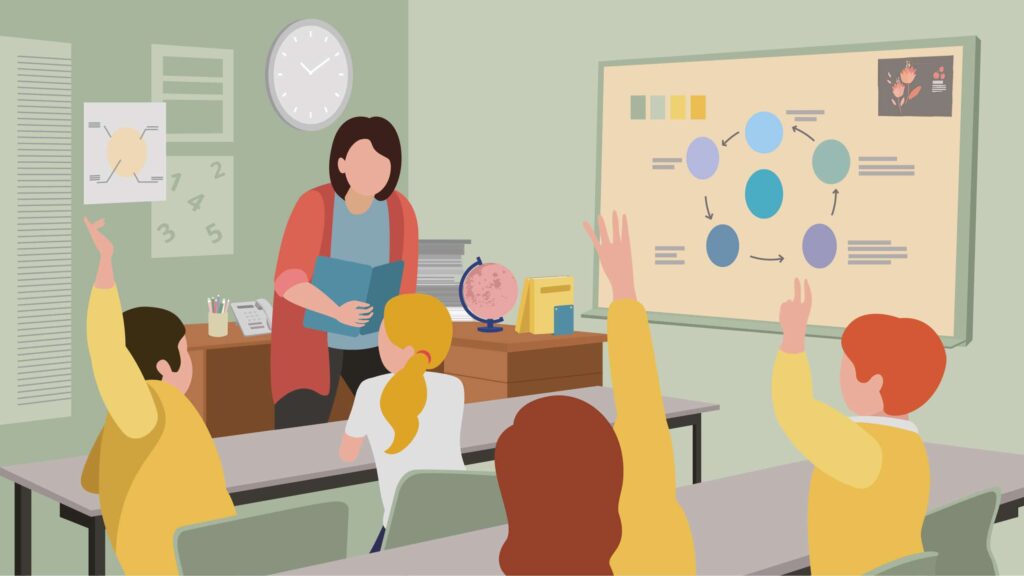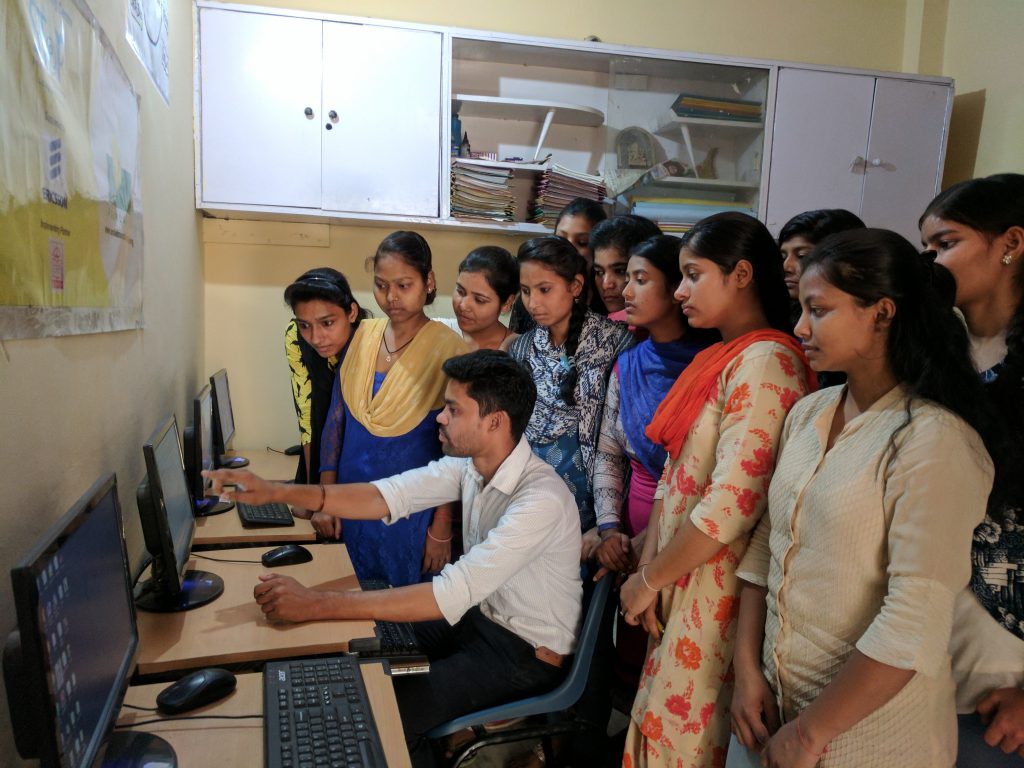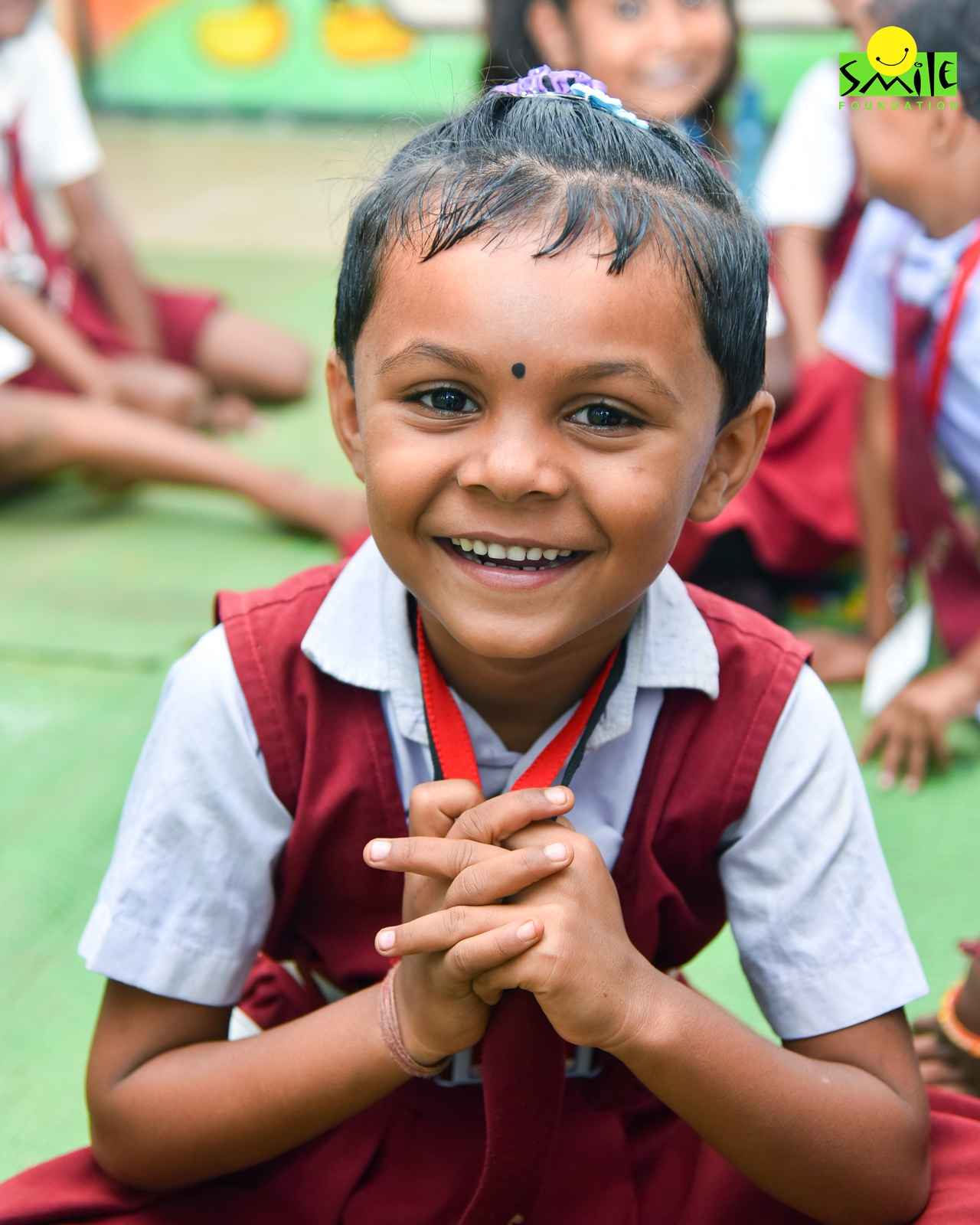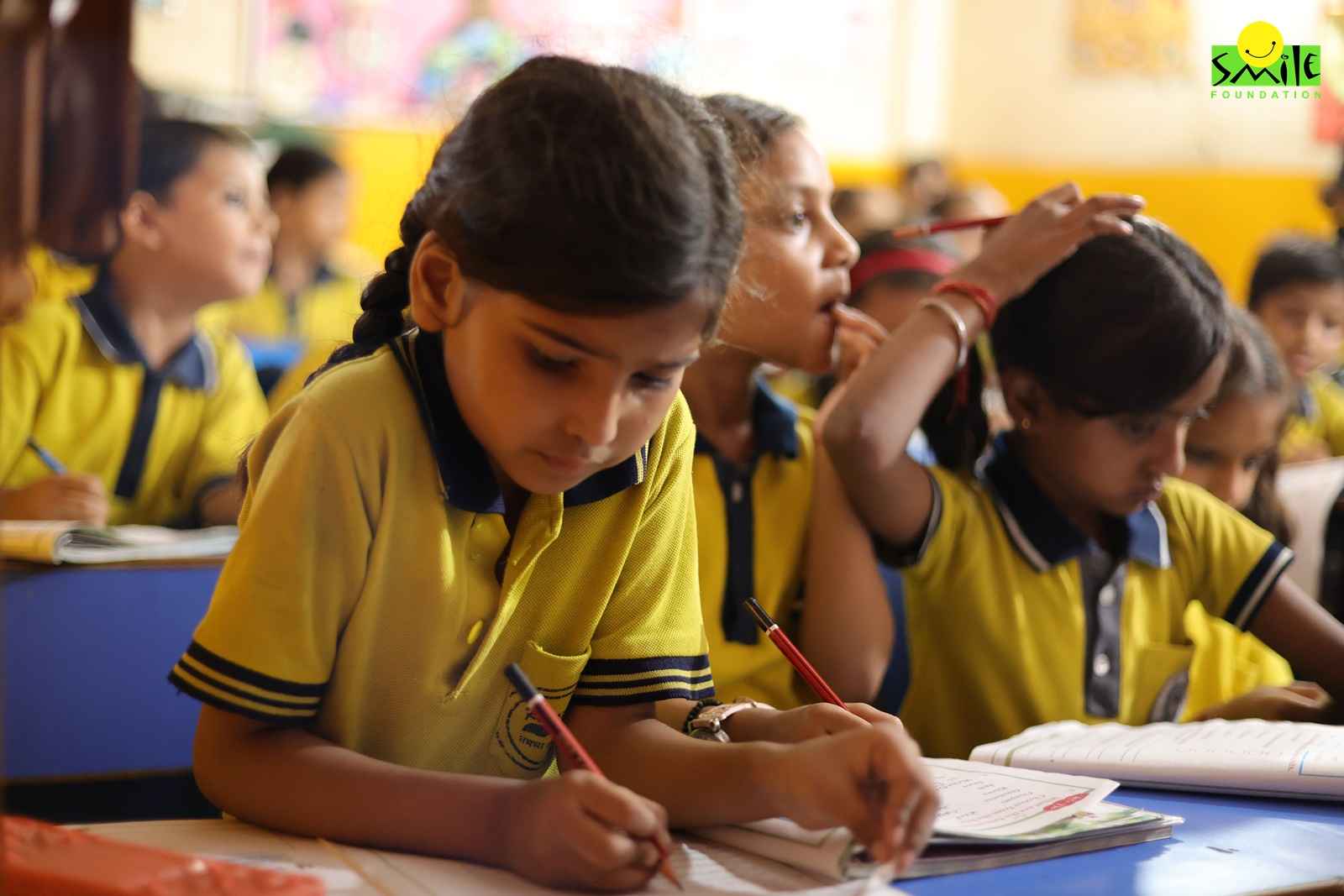Critical thinking and conceptual clarity along with Experiential & Interactive Learning are the most important aspects which are needed for the students to compete in this fast world rather than rote learning.
National Education Policy 2020 aims at holistic learning of the students by recommending changes in the curriculum and pedagogy to improve the student’s cognitive skills. Till now, most of the students have practiced and are following rote learning which really prevents creative thinking and innovative skills. Their major focus is to score marks than understanding the concepts.
It actually goes from the teacher, they repeat the textbook content to the children, so that, they can memorize and reproduce in tests, which is hard-wired in the teaching practice. In rural part of Tamil Nadu, most of the Government schools instead of an interactive learning session have a one way broadcast of information from teacher to students. In exams, the children leave the known answers also if the question is framed differently. By practicing the wrong method of teaching, we limit the children’s ability to learn and it creates a fear of studies in the children.
Experiential and Interactive Learning: In addition to the existing Tamil Nadu’s educational system “Samacheer Kalvi” (a uniform syllabus between state and Matriculation schools), a standard pedagogy (hands on learning, arts and sports- integrated, story-telling pedagogy) for experiential learning will be adopted.
Effective learning always includes interactions, participations, discussions, discoveries and analysis. The teaching and learning will be conducted in a more interactive manner and questions will be encouraged. The classroom sessions will be creative, collaborative, exploratory and experiential. The NEP 2020 includes the hands on learning, arts integrated and sports-integrated education, story-telling based pedagogy, among other methods as standard pedagogy within each subject, and with exploration of relations among different subjects.
Fundamental Learning: People always admire an apartment by its outer attractive, paint color, design and its structure. But most of them would never think about the basement which holds the entire building. To run hard in this competitive world it is very essential to focus on the Foundational courses which create immersed root to the student’s future. The NEP 2020 brings the new system of Education 5+3+3+4 format. The first 5 years are exclusively to establish a strong base for the students (Foundation stage); it covers from pre-primary to Class 2, then the preparatory stage (Class 3 to 5), followed by the middle stage (Class 6 to 8) and 4 years of secondary stage (Class 9 to 12).
Three Language Formula in Tamil Nadu: To look back from the early days, the state was exempt from the enforcement of the official languages act. In Tamil Nadu, the Tamil Language is considered as the most classic language and is also one of the longest surviving classical languages. In the previous NEP 1986, the three language formula was reiterated and till now only English and Tamil (Regional language) was followed. With focus on mother tongue, hopefully the same will be continued in implementation of the NEP 2020.
To know more about Smile Foundation’s education programme visit https://www.smilefoundationindia.org/education.html









